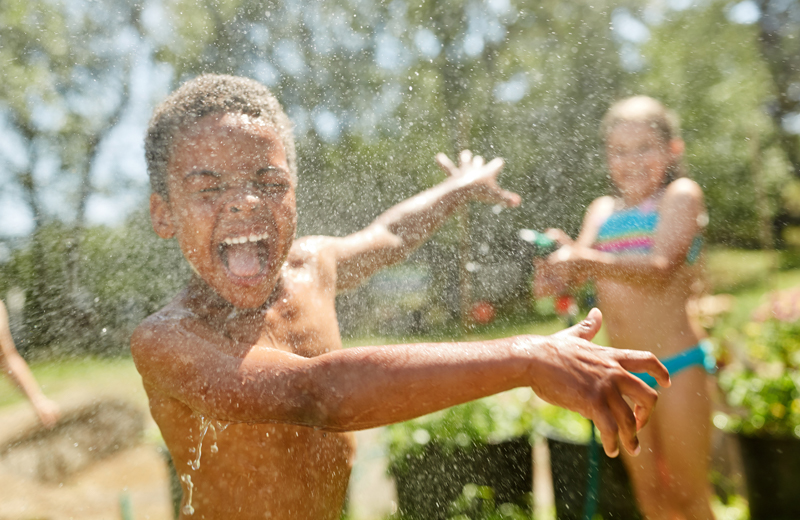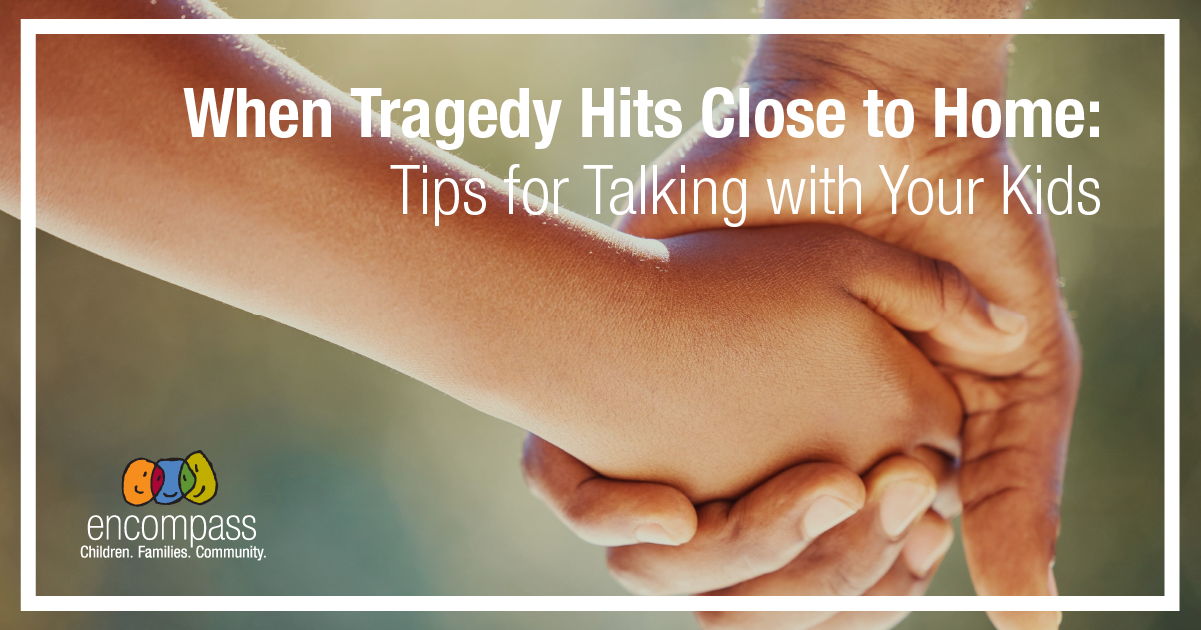Beating End-of-Summer Burnout

We are quickly approaching that time of summer when things start to feel a little off. Gone is the anticipation of relaxing beach vacations, exciting summer camp opportunities are dwindling, and the draw of lazy days has turned into boredom. The “lack of school routine” joy is diminishing, parents and caregivers can’t stand the thought of one more chaotic trip to the park/swimming pool, and the unenforced bedtime routine is catching up with everyone.
As August ticks by, anxiety tends to increase and a sense of simultaneous excitement and foreboding creeps in for both parents and kids. With these kinds of big feelings going on, it’s no wonder we often experience an increase in behavioral and emotional meltdowns for both parents and kids! Our therapists are often asked for tips to survive these last few weeks and here are some ideas:
- Realistic expectations are key!
We often view summer as a time to fit in all the family, fun, and friends we can in order to make sure we are checking off all the boxes for the makings of a memorable summer. Maybe simply getting through the summer is a huge accomplishment! Plan activities your kiddo enjoys and that you feel good about—playing basketball, riding bikes, maybe watching cartoons at times if you need a break. Remember, a daily battle of wills is not a way to build connected relationships and increase your child’s capacity for compliant behavior. - What’s under the behavior?
Often we react to a child’s unexpected behavior by punishing the child’s actions in order to stop it from occurring. When this happens, the child is still experiencing a need that they are trying to get met using the behavior. If we can focus on that need, recognize it, name it, and help the child problem-solve ways to get that need met in an appropriate way, everyone wins. For example, if your child is acting out and you find yourself feeling frustrated and thinking “She just wants attention!”, try shifting that thought to “She wants to feel seen by me.” How would you respond to a child needing to feel seen? When her need to feel seen is met by a loving, attuned caregiver, the unexpected attention-seeking behavior is likely to disappear. - You do not have to attend every argument/struggle you are invited to! Pick your battles!
Go back to the basics with family rules and chores. Don’t wait for your kids to wear you down with lack of consistency. Explain that chores and rules still need to exist during the summer, but try to structure them in a way that doesn’t cause extra stress for you or the kids. Maybe you can play some fun music and set a timer for a quick 5 minute clean up time each day and get the dreaded chores out of the way playfully. Decide what is and isn’t negotiable for you and don’t be afraid to compromise with your kids. After all, learning to seek compromise is an important skill for kids to learn. Give them opportunities to practice! - Maintain a semi-consistent schedule
Help your kids transition from the routine of school to home to back to school by maintaining regular bedtime and mealtimes. Many kids are chronically sleep-deprived, and no one does well without enough sleep. Check out this helpful chart for suggested hours of sleep. Summer is a great time for spontaneity, but keep some things consistent when you can. - Focus on Fun!
Plan regular activities the whole family can look forward to and enjoy together in addition to working in individual time with each kiddo. With all of summer’s extra expenses, you don’t have to break the bank either. Many families find chances for fun by looking into local library programs, free summer bowling, festivals, or outdoor concerts. Go in knowing that using these outings as a reward or consequence for behavior is not the goal. The goal of together time is to strengthen the parent/child relationship. Especially when stress is high, focus on things that are rhythmic, repetitive, relational, and somatosensory. Studies show that people of all ages (all animals, actually) respond very well to activities that include repeated patterned sensory activities with people who adore them. Things like music, drumming, humming, running, cooking, flowers, and skipping are great for enhancing enjoyment and decreasing discomfort. Look at these times as chances for your kids to get their energy out and have fun as a family. - When in doubt, add water!
My favorite parenting advice has always been, “If things seem to be going wrong, add water.” This might mean swimming or a bath, running through a sprinkler, or spraying the yard with a hose. Maybe it means an impromptu bath for the dog, a tea party, or a trip to Starbucks for an unexpected cold drink. For my competitive kiddos, a water-guzzling contest often shifts things quickly. Studies show that we don’t even feel thirsty until we are dehydrated, and dehydration effects our behavior when we are about 2% dehydrated. - Keep up with therapy and medications.
Your child will have different stressors during the summer than during the school year. This is why medications and therapy sometimes can’t take a summer break. Many medications cannot be stopped without adverse effects, and if they can, your child likely needs the added support of the medications as they navigate the summer. Also, keep up with your child’s therapy and treatment appointments even if the schedule needs to be modified. While it’s important to be optimistic, we also must be realistic. Take some time to really consider what your child’s triggers are, and use summer as a way to test different responses. Instead of implementing consequences, focus on reintegrating the kiddo back into family activities as quickly as possible and helping them learn that they can make mistakes and get back on track. - Self-care is not selfish.
Balancing the needs of everyone is important, and this includes primary caregivers. Relaxing the schedule a bit to encourage kids to sleep later so that caregivers can enjoy a cup of coffee or alone time works really well for some families. Many communities/faith groups have Parents’ Night Out events (as does Encompass) to give caregivers a night off from time to time. If your kiddo can manage those kind of events, jump on it! For some families, it might even be worth considering a secondary caregiver taking vacation days or using Family Medical Leave (FMLA) to help care for the child to give the primary parent a few days off. - Plan for sibling space.
Especially if one kiddo struggles more than their siblings, try to be intentional in planning ways for them to get away from any familial stress and have fun. Often even the most sought-after overnight camps and day programs have scholarships available for the asking. Don’t be afraid to reach out and ask. Consider letting siblings spend extended time away with grandparents, cousins, or trusted friends.
If you have additional questions/concerns, please don’t hesitate to reach out. Encompass is here to support you and your family!














